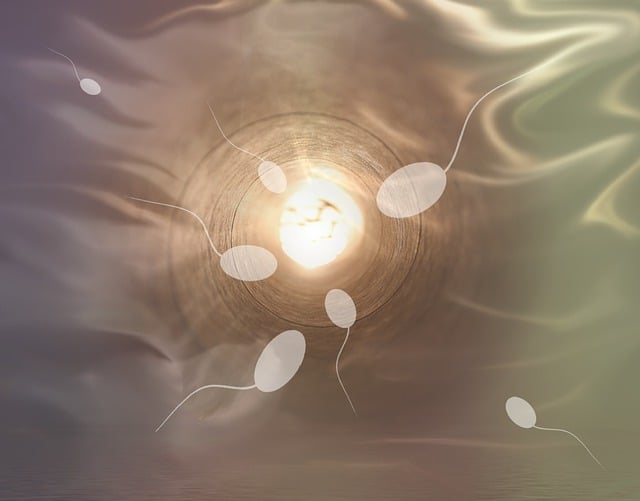It’s completely normal to have questions about early miscarriages, also known as chemical pregnancies. If you’ve faced this experience, you might feel isolated or uncertain about what it means for your future. You’re definitely not alone in your feelings, and many people wonder about the implications of such a loss on their fertility. You might also be curious about when it’s safe to start trying again and how often these losses occur.
To start, let’s clarify what we mean by miscarriage. It refers to the loss of a pregnancy within the first 23 weeks. Early miscarriages happen before the 12th week, while a late miscarriage occurs after that but before 24 weeks. A stillbirth, on the other hand, is a loss that happens after 24 weeks.
What Exactly Is a Chemical Pregnancy?
Sometimes, early miscarriages are labeled as chemical pregnancies. While the term may sound clinical and even a bit dismissive, it’s important to know that it refers to a real event. A chemical pregnancy indicates that an embryo was present, even if it can’t be seen on an ultrasound.
The name comes from the fact that at this early stage, the pregnancy is only detectable via the hormone hCG in your blood or urine. If you received a positive pregnancy test but then found out you weren’t pregnant before the 5th week, this would typically be termed a chemical pregnancy, which is effectively an early miscarriage.
Why Do Chemical Pregnancies Happen?
Studies show that around 75% of pregnancies can be classified as chemical pregnancies. The primary reason these occur is often due to chromosomal issues in the developing embryo. Chromosomes are like the blueprint for life; if something goes wrong during their formation, it can lead to miscarriage. Most of the time, these chromosomal abnormalities are incompatible with continuing a viable pregnancy.
But don’t worry too much—experiencing a chemical pregnancy does not usually indicate a broader fertility issue. Many individuals who experience these losses go on to have healthy pregnancies later.
What Should I Do If I Think I’ve Had a Chemical Pregnancy?
Miscarriages can be emotionally challenging, no matter when they occur in your pregnancy journey. You may feel a range of emotions, from sadness to relief, and that’s completely okay. While it can be hard to find immediate support from your doctor, resources are available. One option is to reach out to a service like Tommy’s for guidance and support—it can be incredibly helpful.
Since many people don’t realize they’re pregnant until after the 5-week mark, a chemical pregnancy might feel like a late or especially heavy period. If you had a positive test and then experienced bleeding, it could easily be mistaken for a normal cycle.
Questions to Ask Your Doctor
In the UK, current guidelines recommend that a referral to a recurrent miscarriage clinic is typically made after experiencing three confirmed miscarriages. However, some doctors may refer you after two. If you’ve had a positive test and then found out you’re no longer pregnant, let your doctor know so they can officially note it as a miscarriage.
After your first loss, consider asking your GP the following questions:
- Are there any blood tests you recommend if I’m exhibiting symptoms of a potential underlying medical condition? Conditions such as vitamin D deficiency or thyroid disorders can impact fertility and merit exploration early on.
- When is it safe to try again?
It’s vital to take care of your health and consider supplements that may enhance fertility, like those found at Make A Mom.
For more information on pregnancy options, check out this excellent resource on in-vitro fertilization which may provide insights into your journey. And if you’re curious about other topics related to self-care, don’t miss our post on essential summer hair tips to prevent breakage.
Summary
Early miscarriages, or chemical pregnancies, are a common experience, often resulting from chromosomal issues. It’s natural to feel a mix of emotions during this time, and support is available. Remember to consult your GP to discuss any underlying health concerns and when it might be safe to try for a pregnancy again.

